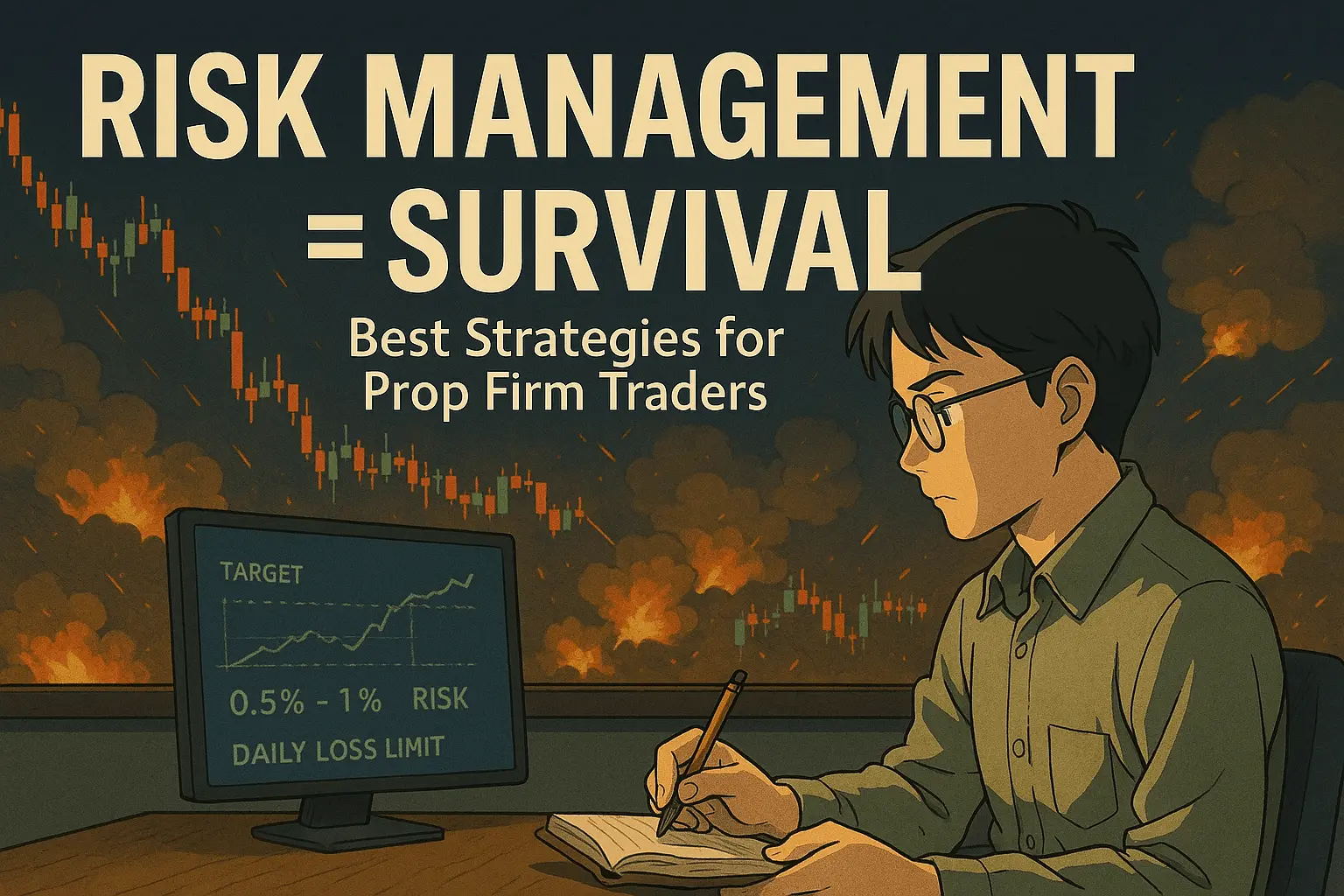
Alpha Capital Group Funding
Simple evaluation & scaling up to $1M.
Introduction
While prop trading offers incredible opportunities, the reality often differs from the glamorous image portrayed on social media. Let's explore the unspoken challenges and realities of full-time prop trading.
It's Not Passive Income
One of the biggest misconceptions is that prop trading is a form of passive income. In reality, it's an active performance-based endeavor. If you're not mentally sharp, disciplined, and fully engaged, you're putting your account at risk. Unlike other careers, there’s no guaranteed paycheck — your income fluctuates with your consistency.
You Still Have a Boss (Kind Of)
Even though you might work from home in your pajamas, you’re still accountable to someone: the prop firm. They have rules. Risk limits. Timeframes. Expectations. Violating these can get your account revoked, and there’s little room for negotiation. You’re your own boss — until you break a rule.
The Mental Pressure is Real
Prop trading challenges your psychology every day. You'll face:
- Losing streaks that make you question your ability
- FOMO and missed opportunities
- Guilt after breaking your rules
- The isolation of trading alone
It’s a mental game as much as a technical one, and most traders aren’t prepared for the emotional rollercoaster.
Lack of Stability
You could be funded one month, and lose the account the next. Full-time prop traders live with instability. Unlike salaried jobs, there's no guaranteed monthly income. If you're relying on prop trading to pay the bills, one bad streak can quickly spiral into panic.
You Must Constantly Adapt
Markets change. Volatility changes. What worked last month might stop working tomorrow. Full-time prop traders are constantly reviewing, adapting, and improving. There's no “set it and forget it” system — success demands continuous learning and adaptation.
Burnout is Common
Trading all day, especially without breaks or proper routines, leads to mental fatigue and burnout. The expectation that you must always be in front of the screen to “catch the move” creates an unhealthy lifestyle. Many full-time traders experience performance dips due to exhaustion.
Social Life May Suffer
Trading full-time can be isolating. Without coworkers or a structured environment, it’s easy to drift into long hours alone in front of charts. Friends and family might not understand your work, making it harder to find emotional support when you need it most.
You’ll Need Multiple Income Streams
Most experienced prop traders will tell you: relying solely on trading income is risky. Many supplement their income with:
- Mentorships or courses
- Affiliate partnerships
- Content creation
- Freelance work
Diversifying income helps reduce the psychological pressure to “perform” every single day.
Discipline Becomes Your Religion
When you're trading full-time, discipline isn’t just a virtue — it's survival. One impulsive trade can wipe out weeks of progress. You’ll need to stick to:
- A solid trading plan
- Strict risk rules
- Emotional boundaries
- Set working hours and recovery time
Those who don’t treat it professionally get eaten alive by the markets.
Conclusion
Full-time prop trading isn’t for everyone — and that’s okay. It can be rewarding, but it’s also demanding, lonely, and psychologically brutal. If you dream of going full-time, prepare for the mental and emotional aspects just as much as the technical.
Before diving in, ask yourself:
- Can I handle uncertainty?
- Do I have a buffer or backup plan?
- Am I trading for freedom or running from something?
Real success in prop trading comes from consistency, humility, and emotional strength — not just strategy.
Scaling up with TTP
Challenge yourself and grow your trading career.
Related Articles

What Is Profit Consistency? The Key Metric Prop Firms Look For
Learn why profit consistency is the most important metric prop firms evaluate and how to improve your trading consistency to get funded.

7 Daily Habits of Funded Prop Traders (That Actually Work)
Learn 7 proven habits that help funded traders succeed in prop firm challenges & live accounts.

Best Risk Management Strategies for Prop Firm Challenges
Risk management is what separates funded traders from blown accounts. Here are the risk rules you need to follow to pass any prop firm challenge.